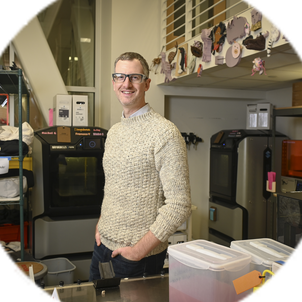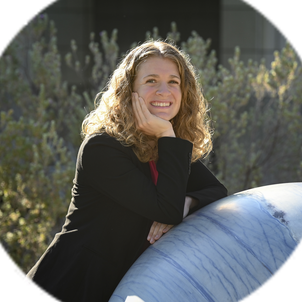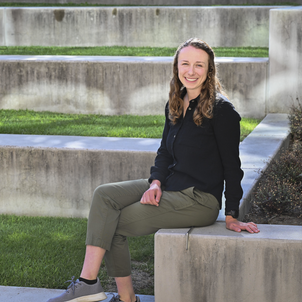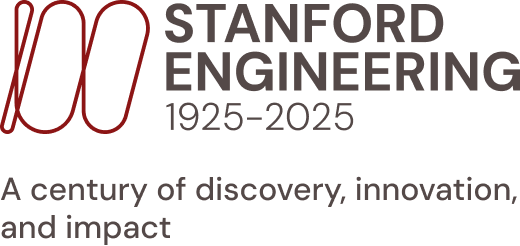It was literally my only path to a good education, and while I was there I developed an interest in biology. During a gap year studying in the U.S., I learned about singularity, and the idea that at some point in the near future, the human body will be a combination of biology and robotics, and that we’ll be able to interchange failing organs with mechanical ones, which will be a key to increasing lifespan. I wanted to be part of this revolution, and that’s when I knew I was interested in bioengineering. Later, at Stanford, I took Drew Endy’s BIOE 80: Introduction to Bioengineering – Engineering Living Matter course. It was my first introduction to synthetic biology and the idea that you can engineer living systems to benefit people and the planet. It cemented my passion for bioengineering.
Today I’m an associate scientist at Nautilus Biotechnology in San Carlos, where we’re developing analysis technology to quantify the human proteome, the set of proteins that are expressed in your body at a given point in time. It’s not an understatement to say that proteomics has the potential to revolutionize human life. Knowing the proteins that are present in a person’s body at a certain moment will help us determine if they’re about to get sick, if they are sick, or if their condition is improving. It’ll help us more quickly arrive at targeted treatments, and could reduce the cost of drug development. It could also help us tackle the question of aging, as we begin to see how the proteins in our bodies evolve over time.
One of the most important things I learned at Stanford was the concept of sustainable engineering – making sure that whatever device you’re creating can be used anywhere. I like working to develop revolutionary technology, and being able to bring my voice to the table to talk about the ways we can make it affordable and accessible to regions of the world where people don’t have the vast resources we do here in the U.S. Making sure these products are translatable everywhere in the world is something I’m committed to and passionate about.
Related spotlights

Dan Somen

Sonia Martin


